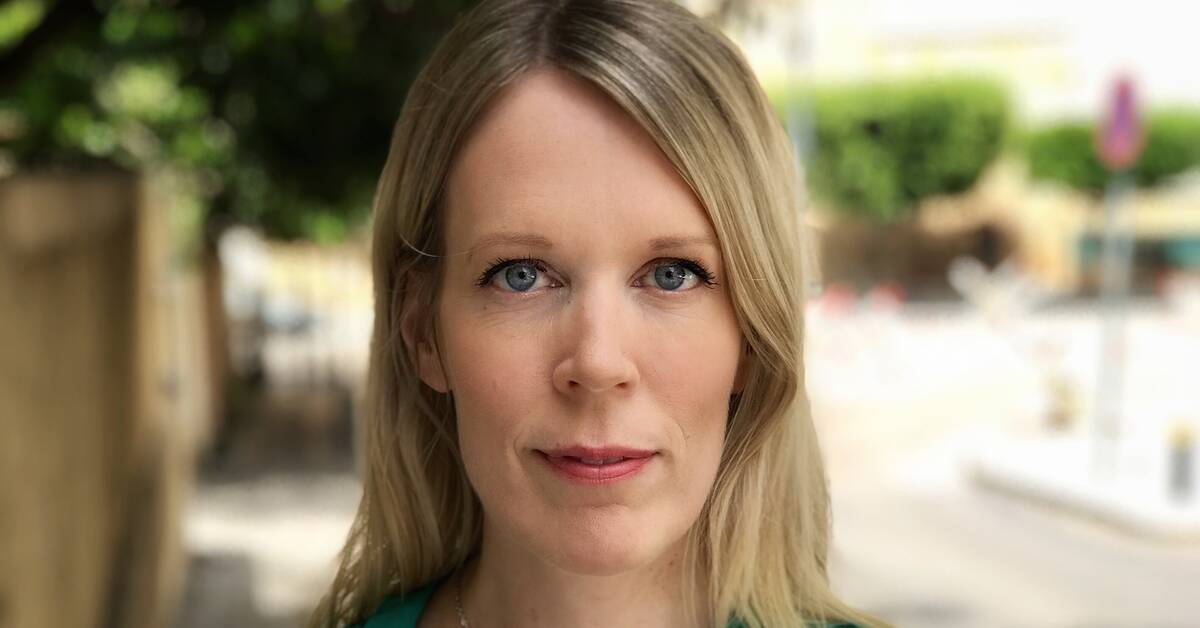Odessa's port manager Dmytro Barinov points to a port that is strangely deserted.
The city's sandy beaches are mined as well as the sea beyond.
We are located in Ukraine's largest and most important port city.
Normally, millions of tonnes of food are transported from this port every month.
With its fertile black soil, Ukraine produces wheat and other grains that feed 400 million people worldwide.
But the war has stifled food exports.
Since the war began in February, Russia is blocking Ukraine's Black Sea coast and an unimaginable 22 million tonnes of wheat, maize and other crops are in danger of rotting away in overcrowded silos here in Odessa.
In any country that is dependent on shipping, the sea blockade would have been a disaster.
But in the case of Ukraine, the disaster affects the whole world.
49 million people can be starved
The UN World Food Program buys half of its emergency stocks of wheat from Ukraine and warns that 49 million people, in a total of 43 countries in the Middle East, Africa and Asia, could suffer from hunger and starvation.
Attempts are being made to transport some of the grain by train and truck.
But it is slow and only a fraction can be taken out of the country road.
Train transport is hampered by the fact that railways in Ukraine have a different standard than in Europe and that wheat must therefore be reloaded in order to be exported to ports in Europe.
Truck transport is hampered by a lack of fuel and by enormous logistics - according to international media, 10,000 trucks and 20,000 drivers are required to drive around the clock just to transport 1.2 million tonnes of wheat per month.
The question of an international ship convoy that can accompany Ukrainian ships out of Odessa therefore tops the international agenda.
But a ship convoy is a tough nut to crack.
The risk that the ships will be shelled and that the conflict in Ukraine will widen is great.
Therefore, Russia must give its approval first, and it is slow, to say the least.
Russia is accused of extortion
Both French President Emmanuel Macron and German Chancellor Olaf Scholz raised the issue in a telephone conversation with Russian President Vladimir Putin last weekend.
EU: Commission President Ursula von der Leyen has called Russia's blockade, and the tactic of restraining Russia's own wheat exports, a deliberate blackmail;
to use hunger as a weapon to break Western unity and support behind Ukraine.
At the same time, it is reported that Russia has stolen Ukrainian wheat on a large scale since the beginning of the invasion war.
Here in Odessa, the port is strangely deserted and many Odessa residents have left the city for fear of Russian attacks.
At regular intervals, the flight alarms go off, but everyone continues with theirs.
"Rockets come every day.
But we have only had a couple of fatal attacks in recent weeks ", says a man we meet.
It's so easy to get used to.
At the same time, the clock is ticking for 22 million tonnes of grain that risks rotting away.
In two weeks the spring harvest begins, and then there is nowhere to store it.

